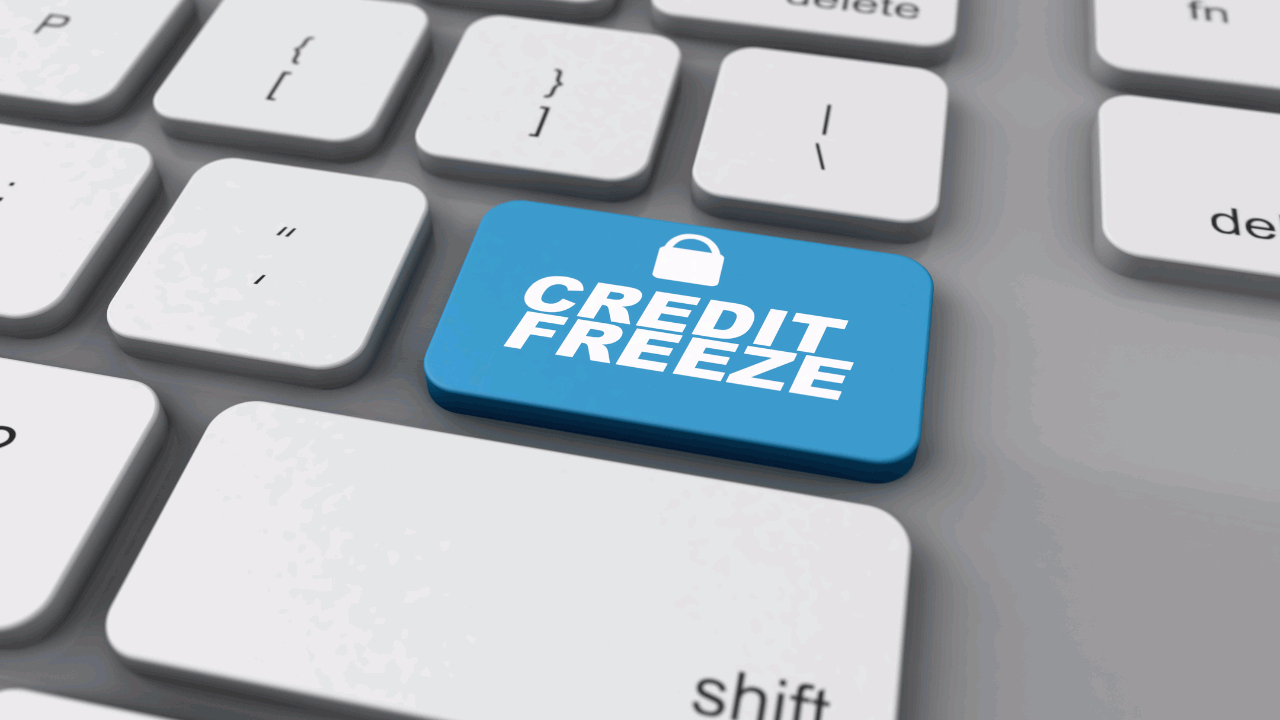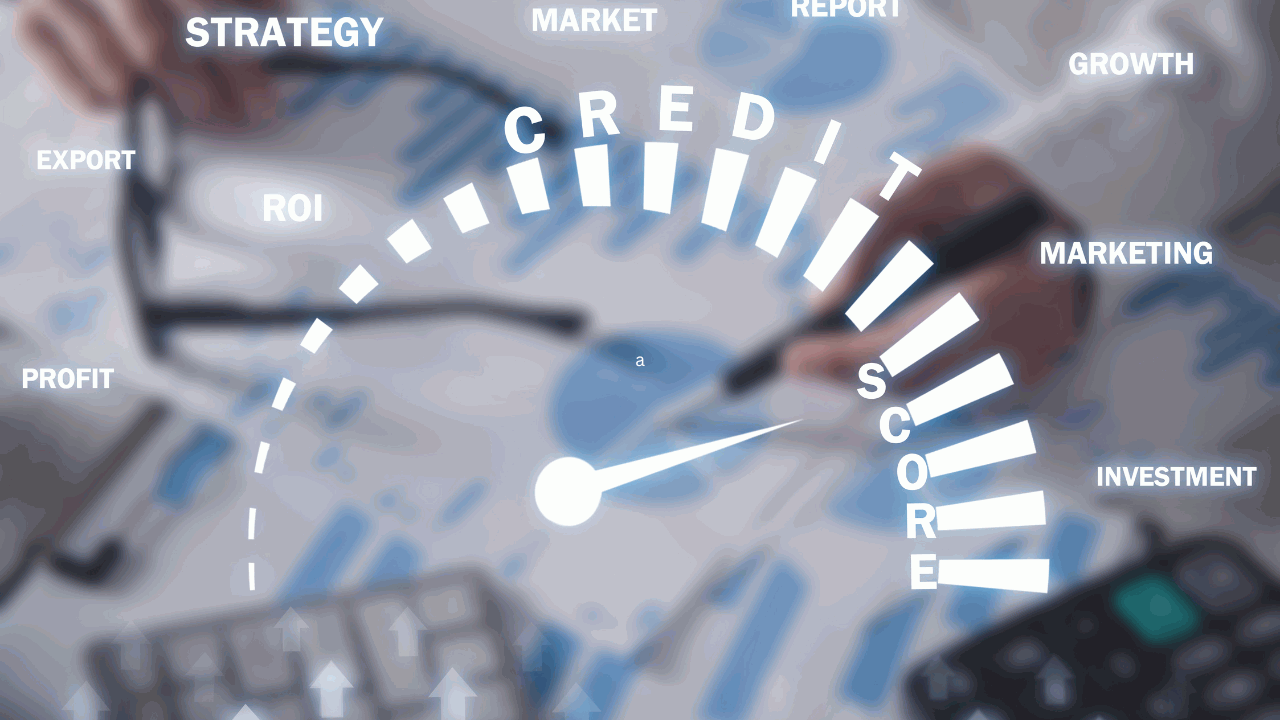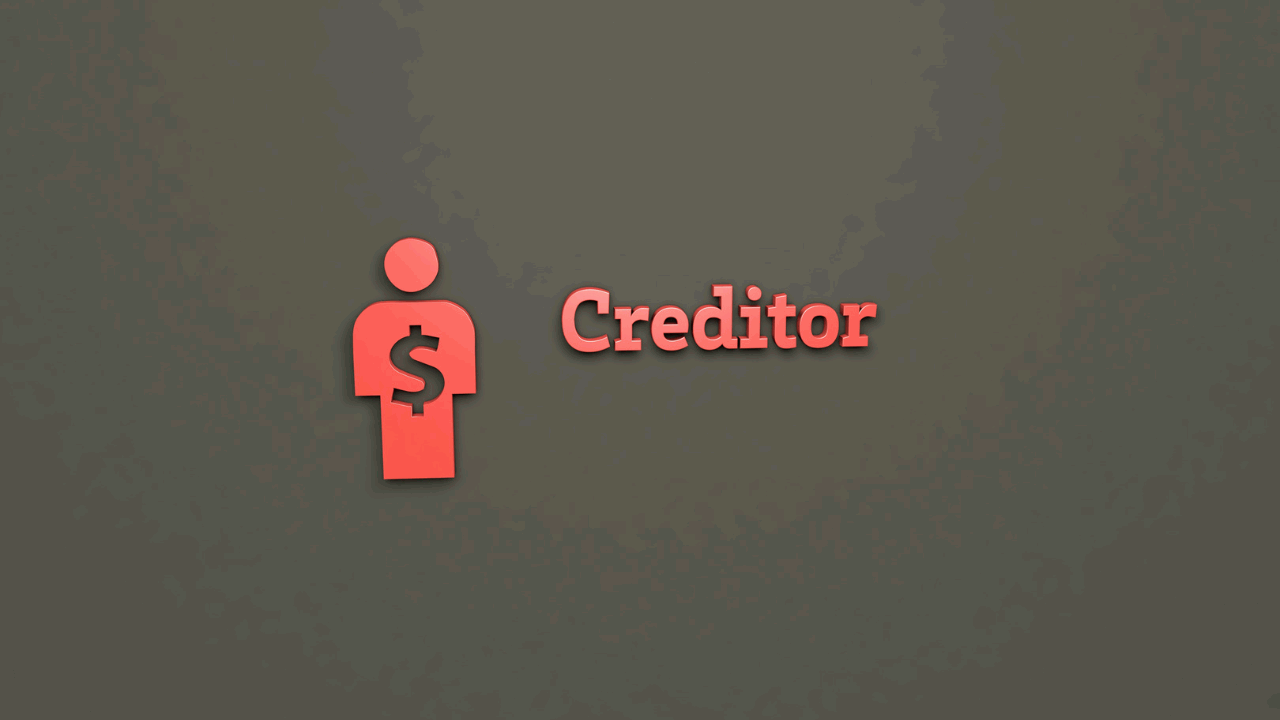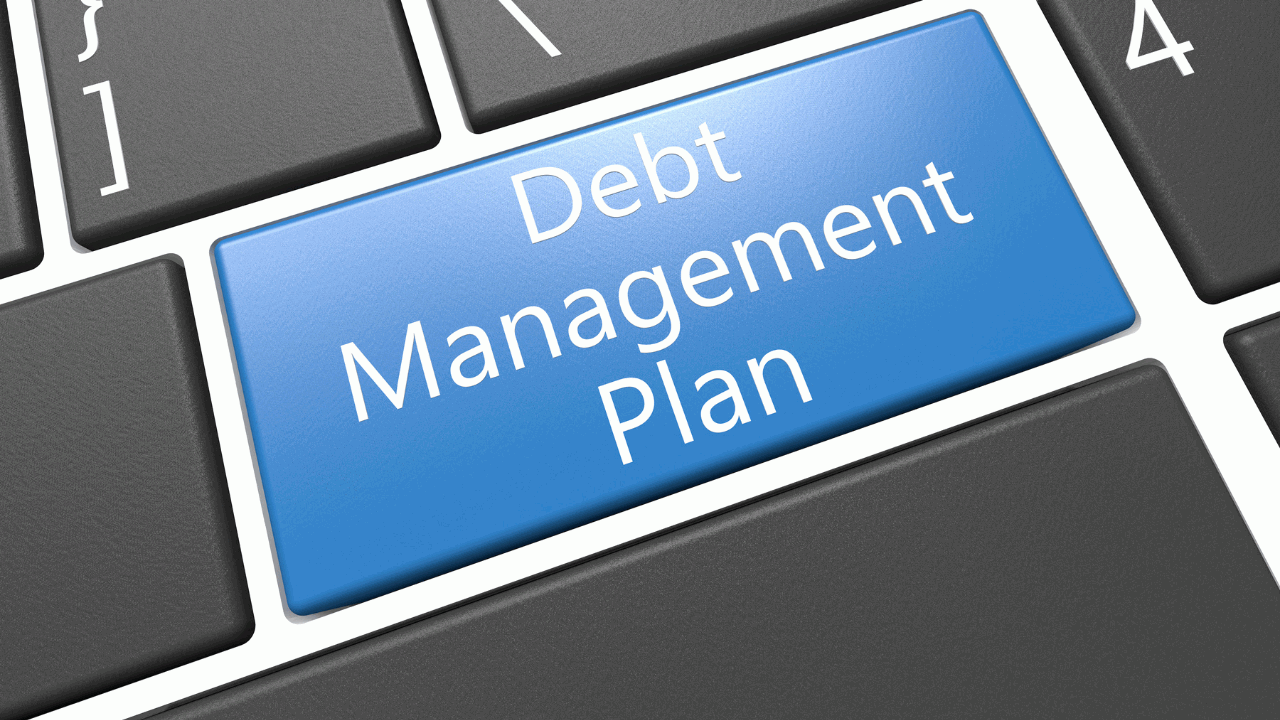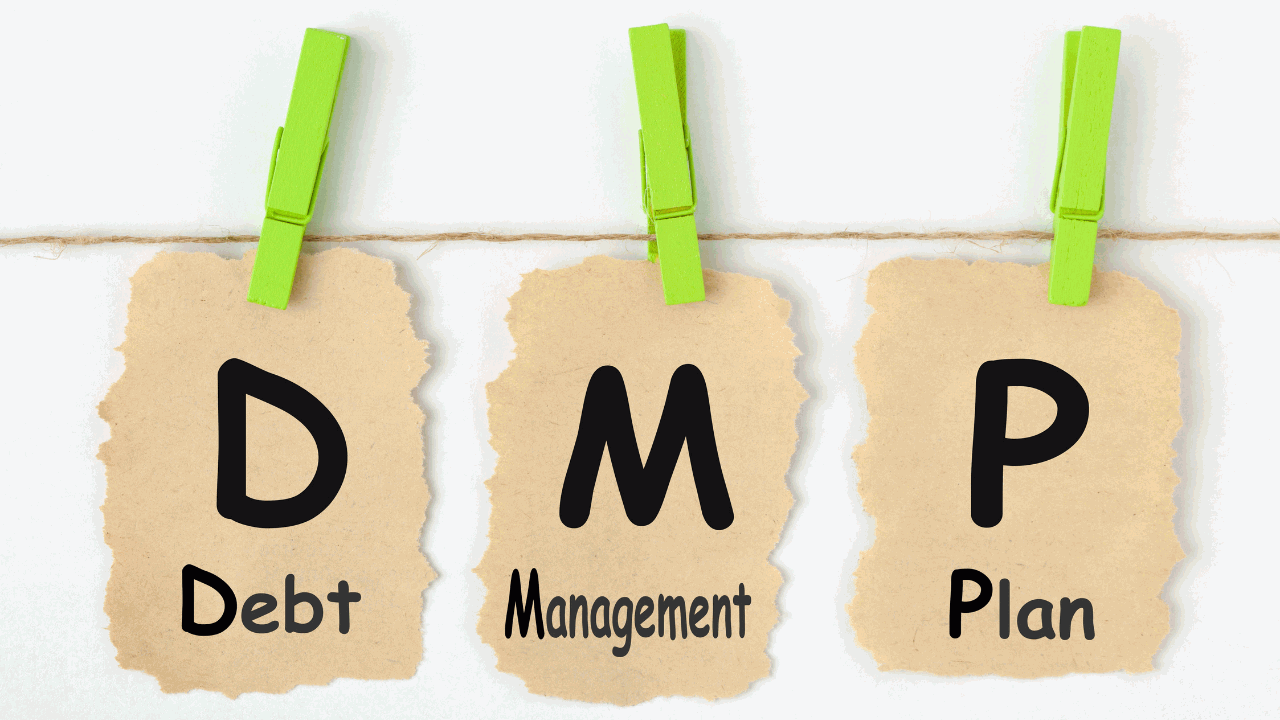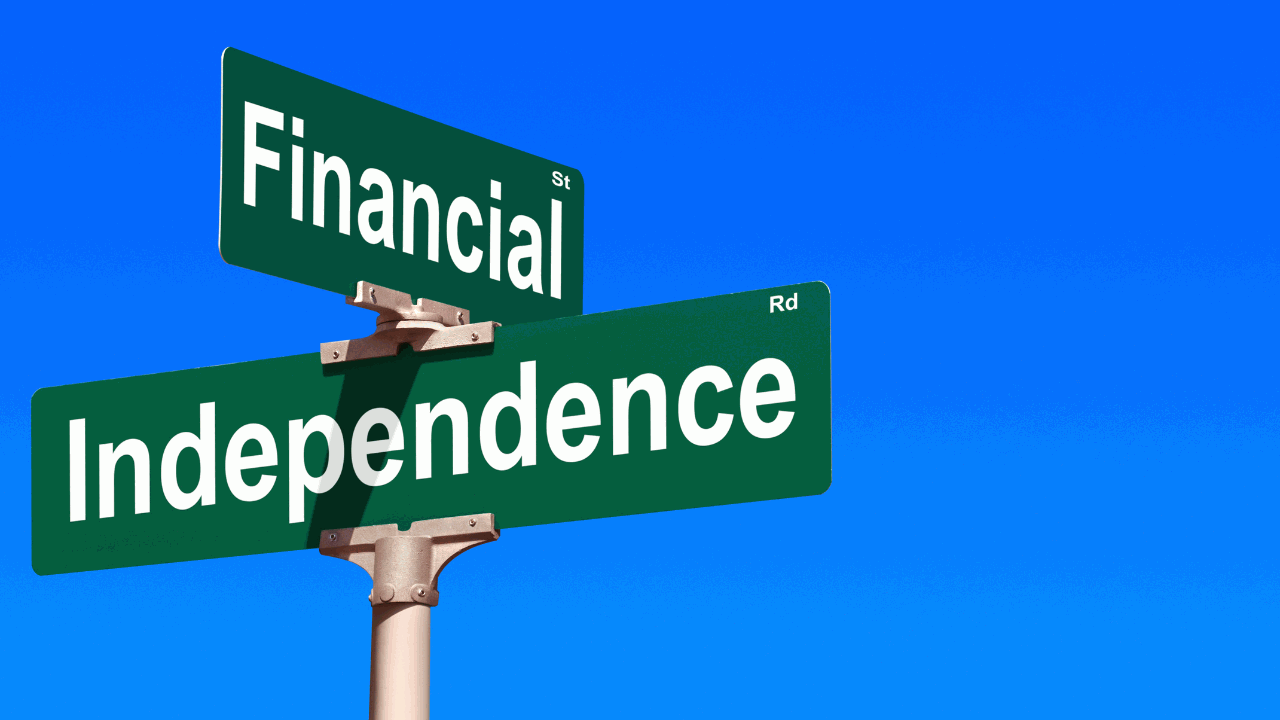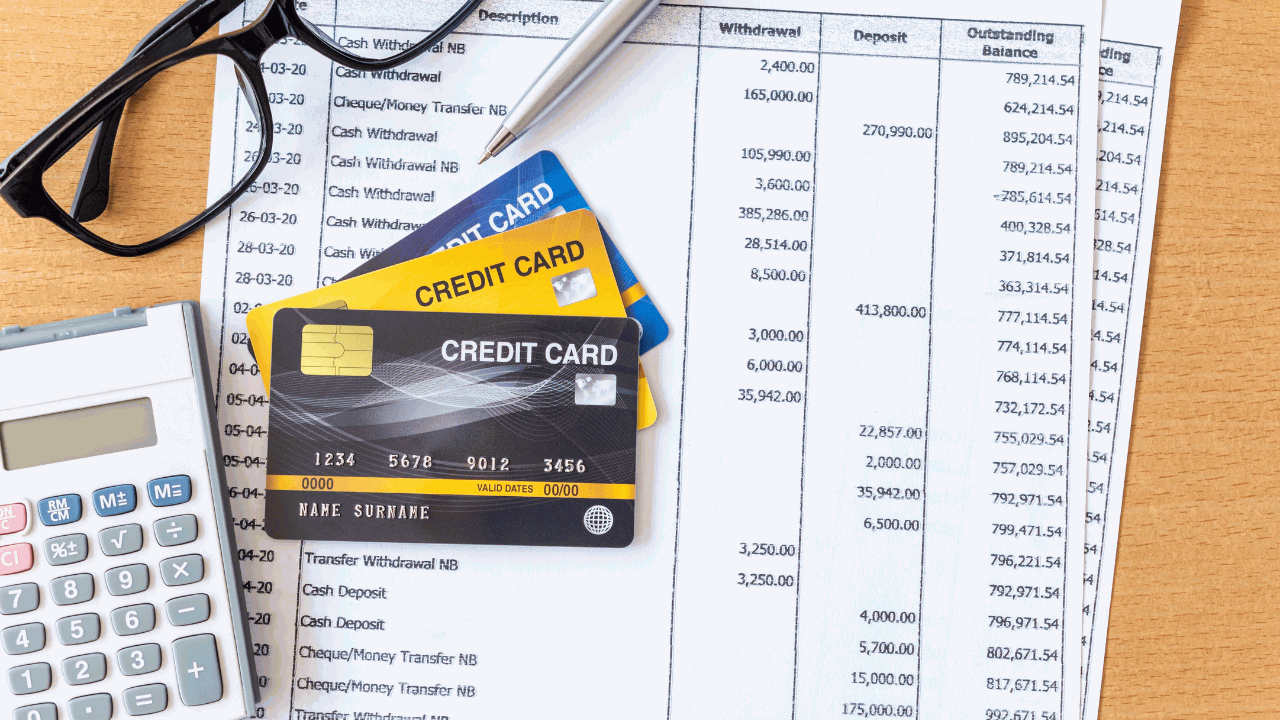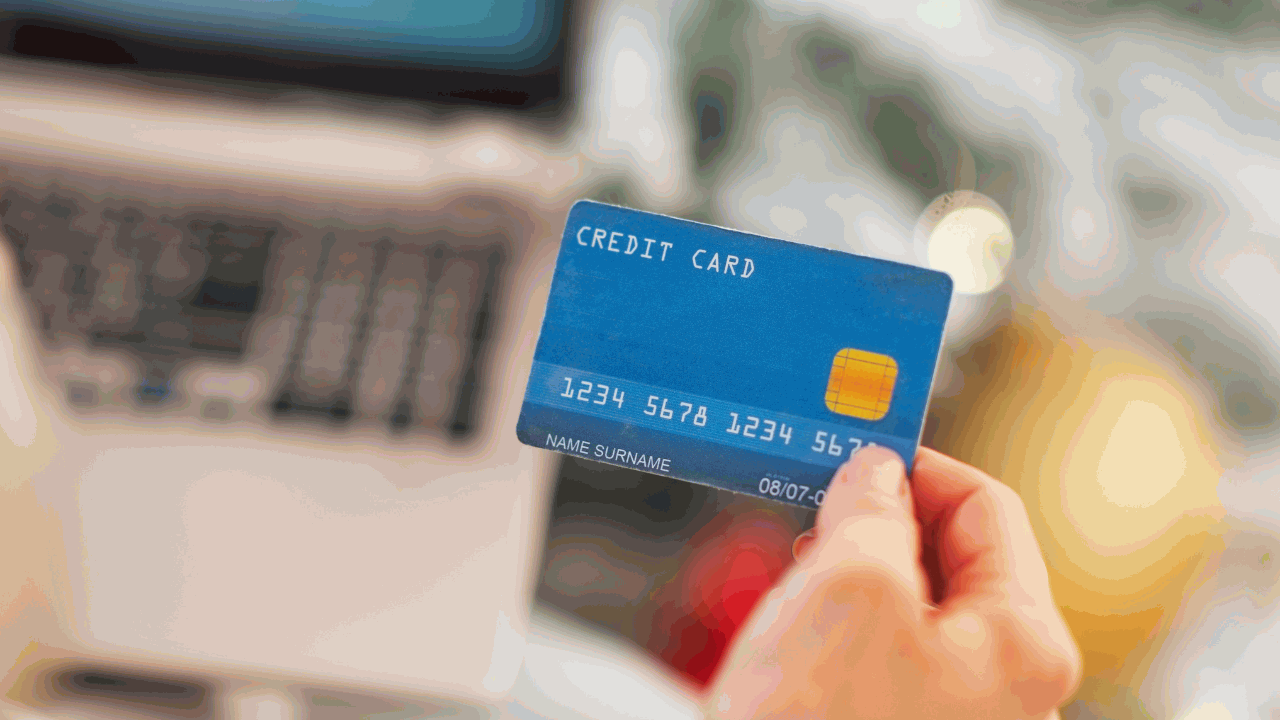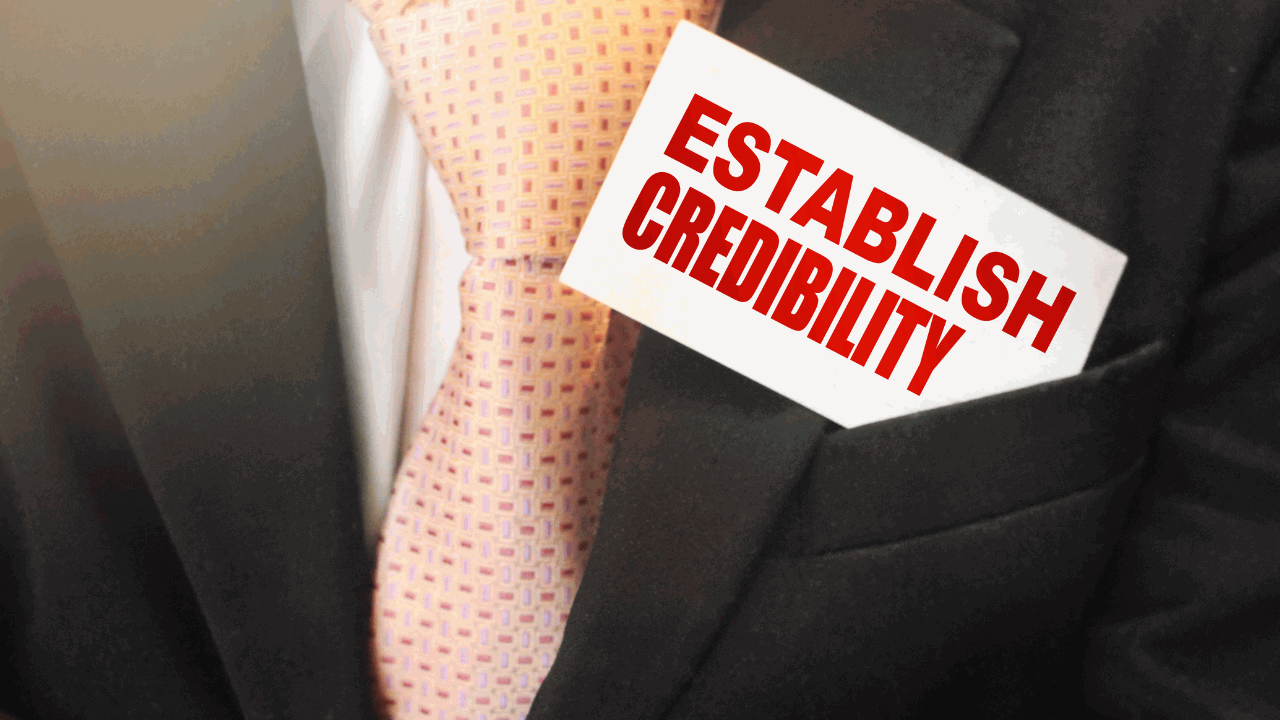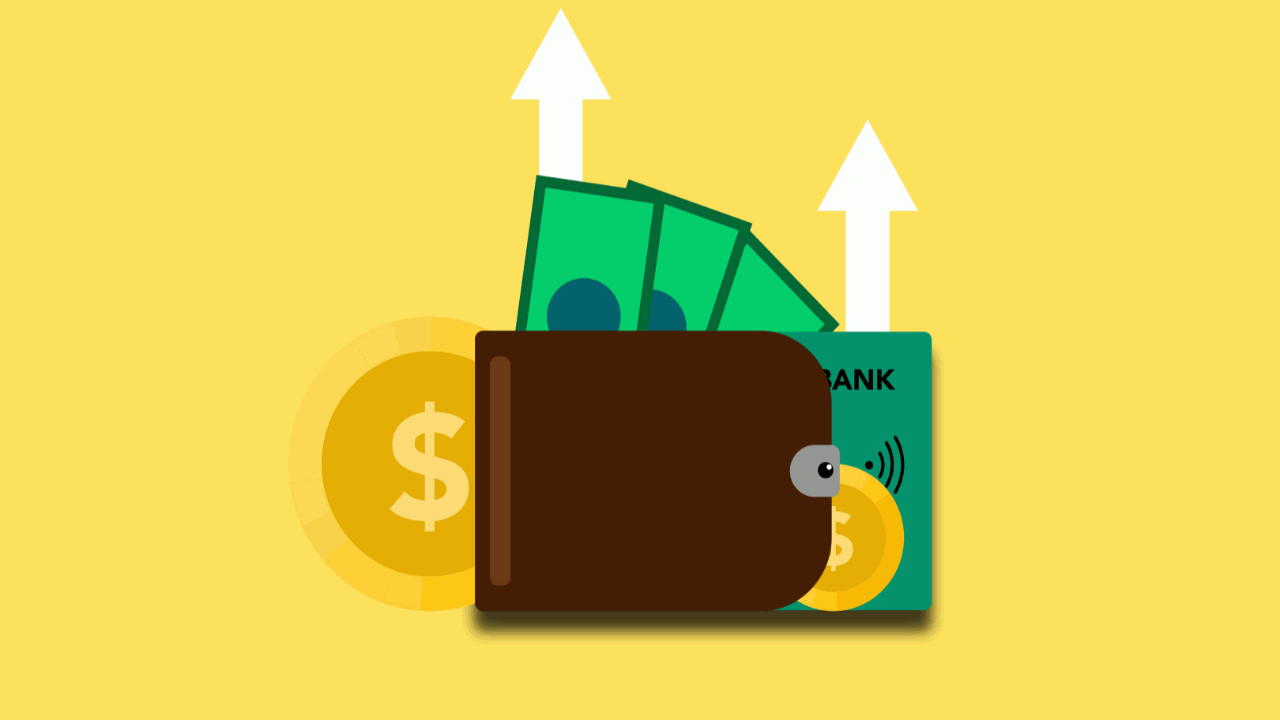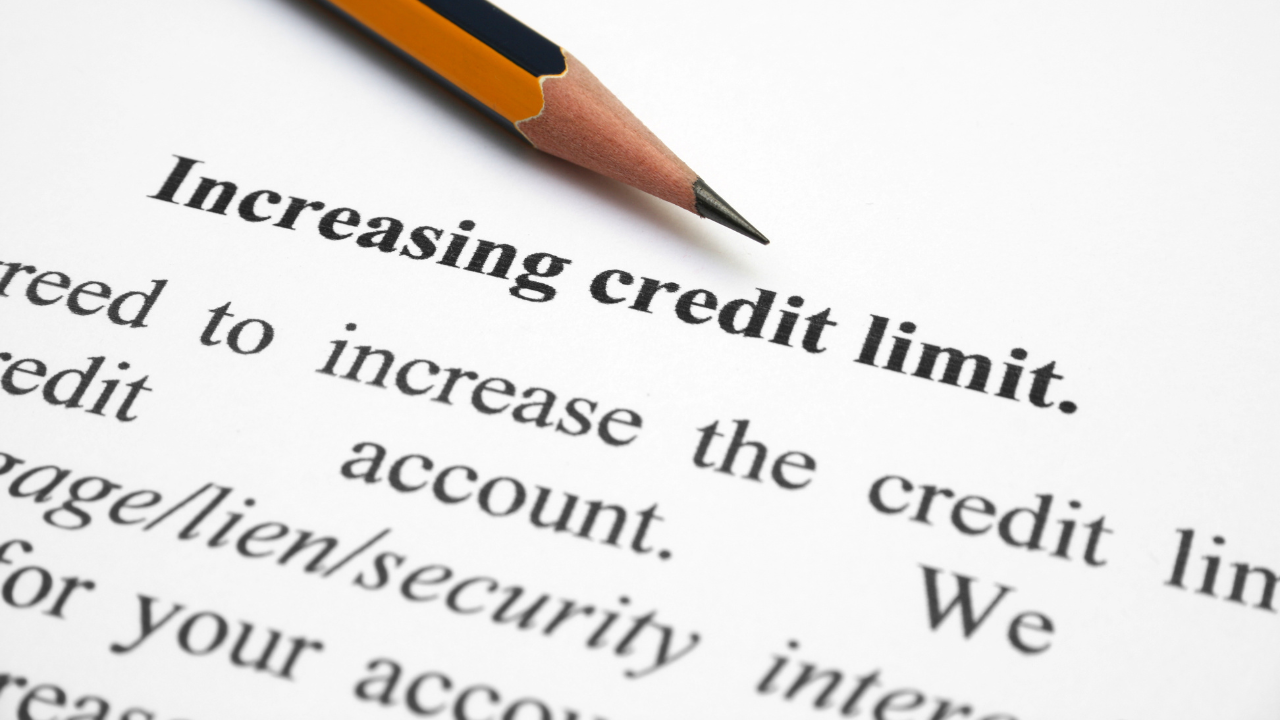Benefits and drawbacks of using a credit freeze
In an era marked by data breaches and identity theft, understanding the drawbacks of using a credit freeze is crucial. This blog explores the advantages and disadvantages of using a credit freeze to protect your financial security

Enhanced Identity Theft Protection :
Discover how a credit freeze can act as a powerful shield against unauthorized credit access and identity theft. Learn about the added layer of security it offers to safeguard your personal information.
Improved Financial Security :
Explore how implementing a credit freeze can enhance your financial security. This section delves into the peace of mind it provides when it comes to protecting your credit history and financial well-being.
Potential Challenges and Limitations :
Uncover the drawbacks and limitations of using a credit freeze. From the inconveniences of lifting the freeze to the potential impact on credit applications, this section provides insights into what to consider.
Flexibility and Control :
Learn how a credit freeze provides you with the flexibility to manage access to your credit reports. Discover how you can easily lift or thaw the freeze when necessary, giving you control over your financial information.
Cost and Accessibility :
Explore the cost implications and accessibility of credit freezes. This section breaks down the fees associated with initiating and lifting freezes and discusses how these costs may affect your decision.
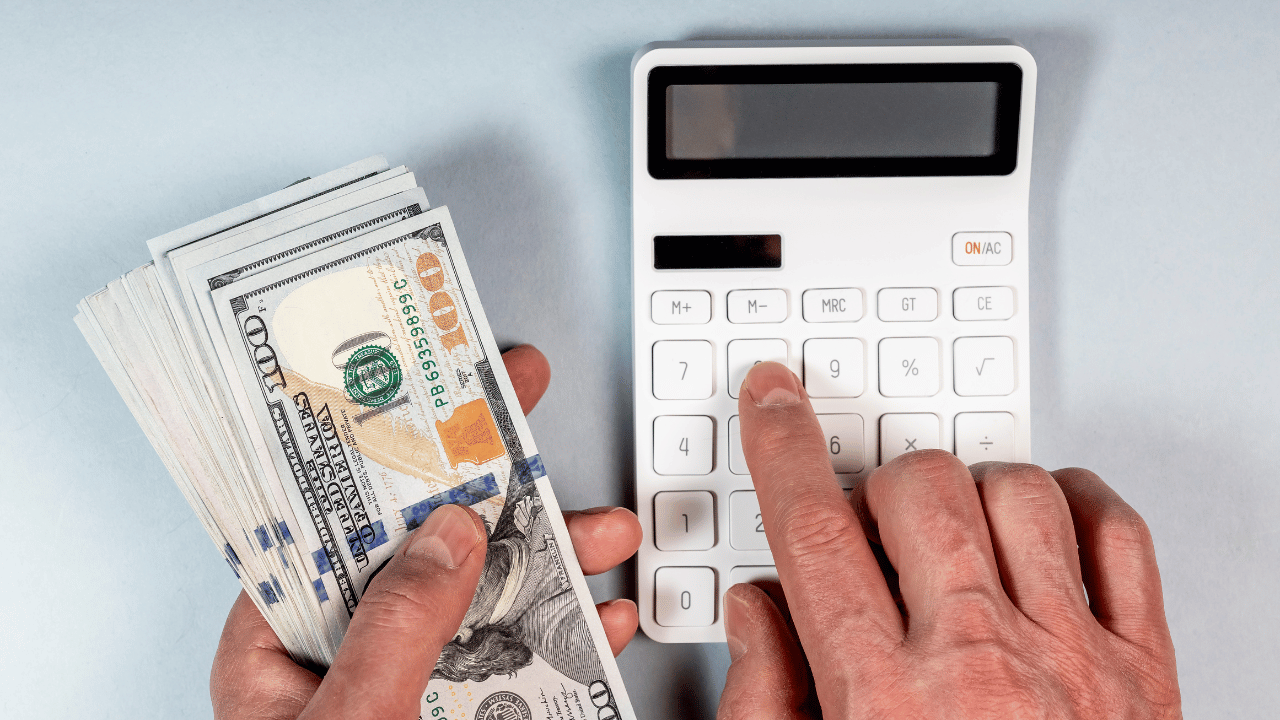
The Impact on Credit Applications :
Delve into the potential consequences a credit freeze might have on credit applications. From mortgage loans to credit card approvals, learn about the steps you can take to minimize disruptions.
Weighing the Pros and Cons :
Get a balanced perspective on the benefits and drawbacks of using a credit freeze. This section offers guidance on how to assess your individual circumstances and make an informed decision.
Conclusion :
In today’s interconnected world, safeguarding your financial information is a top priority. A credit freeze can offer substantial benefits in protecting your credit and identity, but it’s essential to weigh these advantages against the potential drawbacks. By understanding the intricacies and how they fit into your broader financial security plan, you can make informed decisions to protect your financial well-being.

